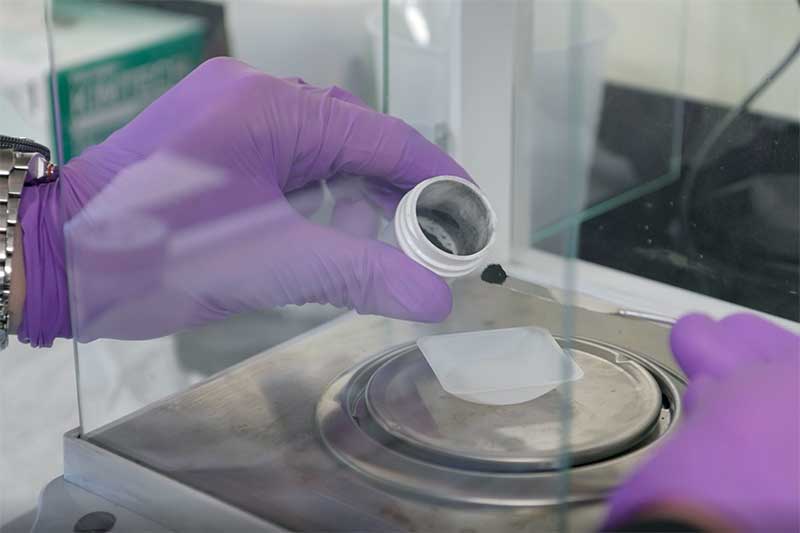Biomedical Devices and Bioimaging
In this concentration, research groups develop transformative and translational instrumentation and algorithms to help understand biological processes and disease.
Curriculum Highlights
The curriculum includes courses that teach:
- Practical skills to measure and process analog and digital signals produced by biological systems and biomedical instrumentation, as well as to design controllers to achieve desired biosystem behavior. Using this knowledge, students design filters and controllers, both in the analog and digital forms, to measure and manipulate complex real-world bioengineering systems (including 2-D and 3-D image processing).
- Foundations of modern medical imaging, including imaging principles, mathematical models, imaging physics, and image-reconstruction algorithms. Includes x-ray, ultrasound, computed tomography, magnetic resonance imaging and optical imaging techniques.
- Engineering design challenges intrinsic to the development of biomedical devices. Challenges include clinical evaluation procedures, manufacturing logistics, and testing of medical devices and the constraints that FDA regulations place on these processes. Topics include quality systems, design control, cybersecurity concerns, the role of standards in global device regulation, and the design process. Students are asked to form teams and to carry out a semester-long conceptual design project to develop a design overview, design plan, design input specifications, and verification test procedures for a novel medical device.
Career Opportunities
Job opportunities in this field can go into industry, academia, or healthcare.
